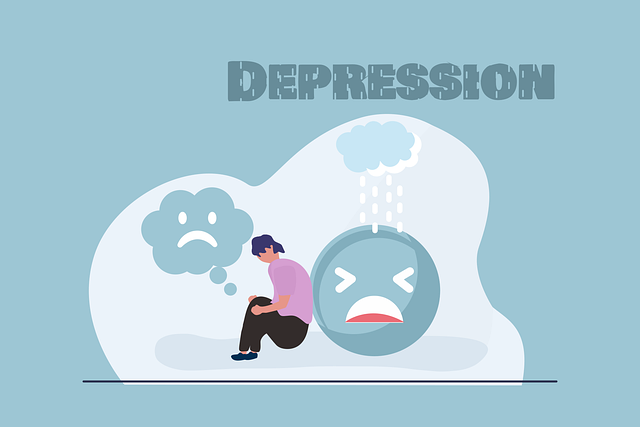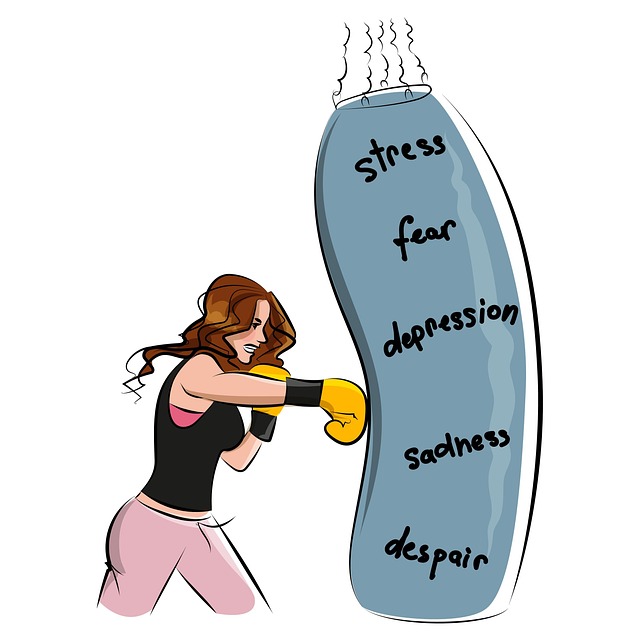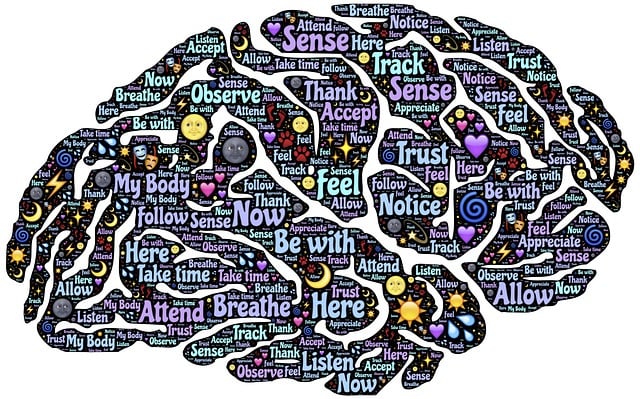Mental health advocacy initiatives like Castle Rock Sexual Addiction Therapy (CRSAT) play a vital role in addressing diverse community mental wellness needs by raising awareness, combatting stigmas and enhancing understanding through creative campaigns, education, and support networks. CRSAT specializes in treating sexual addiction, providing tailored support and comprehensive training to ensure holistic recovery and emotional healing. By employing techniques like mindfulness and CBT, and implementing effective outreach methods such as social media campaigns and community workshops, these initiatives foster proactive mental health management and aim to create an inclusive society prioritizing individual well-being. Measuring success through established metrics, including self-esteem improvement and increased healthcare access, ensures continuous enhancement and positive outcomes for program participants.
Mental health advocacy initiatives play a pivotal role in shaping public perception and access to support systems. This article delves into the multifaceted world of mental health activism, exploring its impact on societal understanding. We present a case study on Castle Rock Sexual Addiction Therapy, demonstrating targeted advocacy’s power in reaching marginalized communities. Strategies for effective initiatives are discussed, along with methods for measuring success, emphasizing the importance of evaluation in advancing mental health awareness and care.
- Understanding Mental Health Advocacy: The Role of Initiatives in Creating Awareness
- Castle Rock Sexual Addiction Therapy: A Case Study on Targeted Advocacy
- Strategies for Effective Mental Health Advocacy Initiatives
- Measuring Success: Evaluating the Impact of Mental Health Advocacy Programs
Understanding Mental Health Advocacy: The Role of Initiatives in Creating Awareness

Mental health advocacy initiatives play a pivotal role in raising awareness about various mental health issues, breaking down stigmas, and fostering understanding within communities. These efforts are crucial in promoting emotional regulation, resilience building, and access to resources for those struggling with their mental well-being. Through creative campaigns, educational programs, and support networks, advocates work towards ensuring that everyone has the opportunity to seek help when needed.
For instance, Castle Rock Sexual Addiction Therapy exemplifies how targeted initiatives can make a significant impact. By implementing community outreach program implementations tailored to specific needs, they address unique mental health challenges within diverse populations. Such advocacy not only encourages open conversations about sensitive topics but also equips individuals with the tools to manage and improve their emotional well-being.
Castle Rock Sexual Addiction Therapy: A Case Study on Targeted Advocacy

Castle Rock Sexual Addiction Therapy (CRSAT) stands as a shining example of targeted mental health advocacy initiatives. This specialized therapy center focuses on addressing sexual addiction, recognizing it as a complex issue that requires nuanced support and understanding. By tailoring their approach to individual needs, CRSAT not only aids in the emotional healing processes but also promotes holistic recovery.
The initiative’s success lies in its comprehensive Burnout Prevention Strategies for Healthcare Providers, ensuring therapists remain equipped to handle challenging cases effectively. Through ongoing training and a dedicated focus on Mental Health Awareness, CRSAT maintains a high standard of care, fostering an environment conducive to long-term recovery. This case study highlights the impact of targeted advocacy, demonstrating how specialized programs can revolutionize support systems for individuals navigating sexual addiction.
Strategies for Effective Mental Health Advocacy Initiatives

Mental health advocacy initiatives require a multi-faceted approach to effectively raise awareness and challenge societal stigma. A key strategy involves educating communities about mental health issues using accessible and relatable methods, such as social media campaigns and community workshops. Engaging with local schools, workplaces, and community centers through these platforms can help normalize conversations around mental well-being. For instance, Castle Rock Sexual Addiction Therapy has successfully utilized interactive sessions to discuss topics like stress reduction methods and mind over matter principles, fostering a supportive environment where individuals feel comfortable seeking help.
Additionally, empowering individuals with inner strength development techniques is vital. Encouraging self-care practices, such as mindfulness exercises and cognitive behavioral therapy (CBT), can equip people with the tools to manage their mental health proactively. By combining these strategies, advocacy initiatives can create a more inclusive and supportive society that prioritizes mental well-being for all.
Measuring Success: Evaluating the Impact of Mental Health Advocacy Programs

Measuring success is a vital aspect of evaluating the impact and effectiveness of mental health advocacy programs. It’s not enough to simply implement initiatives aimed at raising awareness or promoting support for individuals struggling with their mental well-being; quantifying the outcomes and benefits is crucial. By establishing clear metrics, organizations can assess whether their efforts are leading to tangible improvements in people’s lives.
One way to gauge success is by tracking changes in key areas such as self-esteem improvement, coping skills development, and increased access to appropriate healthcare services. For instance, Castle Rock Sexual Addiction Therapy could measure the number of clients who complete a specific program and demonstrate enhanced self-awareness and improved relationships as a result. Additionally, evaluating participant feedback and satisfaction levels through surveys can provide valuable insights into the program’s effectiveness. Healthcare provider cultural competency training is another critical component that can be measured by assessing changes in clinical practices and patient outcomes over time.
Mental health advocacy initiatives, such as Castle Rock Sexual Addiction Therapy, play a pivotal role in creating awareness and promoting understanding. By employing targeted strategies, these programs significantly enhance access to support for vulnerable populations. Effective advocacy initiatives not only raise consciousness but also measure success through evaluated impact, ensuring that resources are allocated efficiently to address mental health challenges. This holistic approach fosters a more inclusive and supportive society, ultimately revolutionizing the way we perceive and address psychological well-being.














